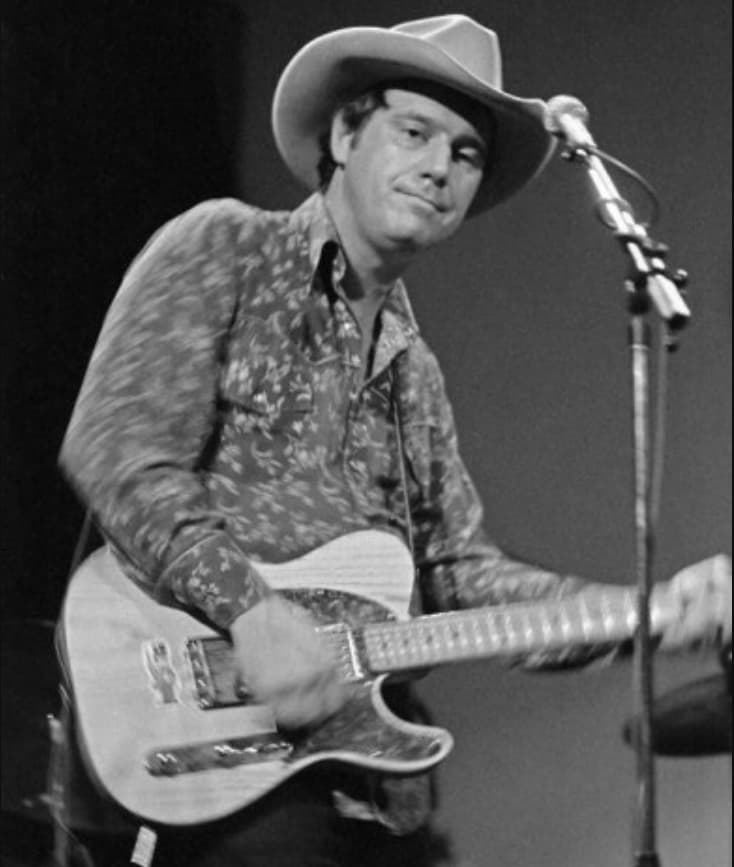
Adios to All This Concrete: The Sweet, Smoky Scent of Escape and the Open Road
If you’re an older reader who remembers the restless, post-sixties yearning for authenticity, for something beyond the manufactured glitz of the city, then “L.A. Freeway” by Jerry Jeff Walker is more than just a song—it’s a rallying cry. It perfectly encapsulated the spirit of the Outlaw Country movement, though its roots are planted firmly in the world-weary folk tradition. This isn’t a song about driving to a destination; it’s a brilliant, poetic celebration of leaving.
Despite its iconic status in the Texas music scene, “L.A. Freeway” was a minor charting song for Jerry Jeff Walker. Released on his 1972 album, “Jerry Jeff Walker,” the single briefly touched the chart, peaking at a modest Number 98 on the Billboard Hot 100 and the US Country charts. Its true, enduring success wasn’t measured in chart numbers, however, but in its profound impact on the burgeoning “cosmic cowboy” culture of Austin, Texas, and the legion of fans who felt that city life was a suffocating trap.
The fascinating backstory reveals that this anthem of escape was actually written by Guy Clark, another titan of the folk and country-folk songwriting world. The inspiration struck Clark in 1970, shortly after he had moved from California to Nashville, feeling like a failed dreamer in Los Angeles. The moment of conception came on a late-night drive back from San Diego with his wife, Susanna. Waking up in the back seat, overwhelmed by the sprawl and the relentless concrete, the line—that now-famous refrain—just tumbled out: “If I can just get off of this L.A. freeway / Without getting killed or caught.” Realizing its weight, Clark scribbled the line down on an empty hamburger sack using his wife’s eyebrow pencil. It’s a perfect, gritty origin story for a song that’s all about ditching the pretensions and getting back to basics.
Walker’s rendition is the one that burned the song into the popular consciousness. While Clark’s later, more world-weary version on his 1975 debut “Old No. 1” is arguably the definitive interpretation, Walker’s take is imbued with a joyful, almost reckless energy. He turned Clark’s deeply personal sense of defeat into a universal, foot-stomping declaration of independence. When Walker sings, “Pack up all your dishes / Make note of all good wishes / Say goodbye to the landlord for me / That sum-bitch has always bored me,” you don’t just hear the words; you feel the thrum of the engine and the promise of a life unburdened.
The song’s meaning is a celebration of the simple life, a rejection of the “moldy box of vanilla wafers” and “old LA papers” that symbolize a stagnant, compromised existence. It’s about heading “Down that road in a cloud of smoke / For some land that I ain’t bought bought bought.” For those of us who grew up longing for a little slice of land, a little more dirt road and a little less traffic, “L.A. Freeway” is an emotional shorthand. It’s the soundtrack to every spontaneous road trip, every decision to choose freedom over comfort, and every nostalgic memory of turning the radio up loud and heading for the horizon. It is a timeless ode to the American spirit of starting over, leaving the past in the rearview mirror and smelling the fresh air of a new day.